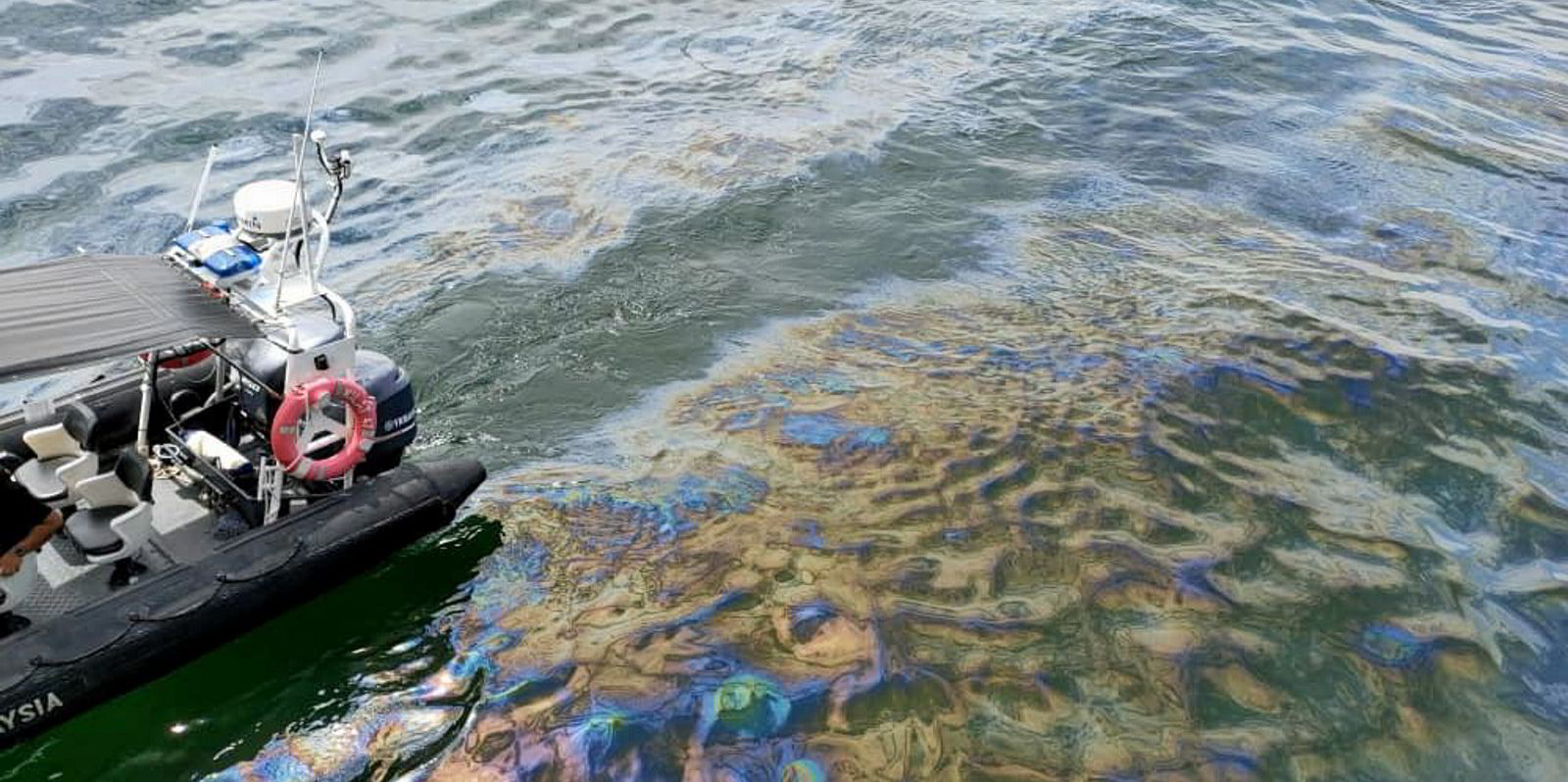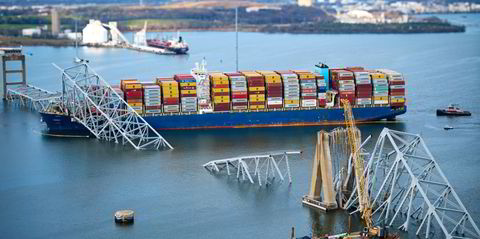AP Moller-Maersk has become the first shipping company to earn a seal of approval for its decarbonisation goals that sustainability experts have described as the “gold standard” for climate targets.
The Danish container giant said in its annual report that its carbon-cutting goals were validated by the Science-Based Targets initiative.
Known as SBTi, the non-profit effort reviews company climate targets to ensure that they align with the Paris Agreement’s goal of capping global temperature rises at 1.5C above pre-industrial levels.

Maersk said SBTi validated its 2030 targets and its goal of reaching net zero greenhouse gas emissions by 2040. The company’s goals were aligned with the initiative’s net zero pathway and its 1.5C pathway.
“These will lead to a review and alignment of some of AP Moller-Maersk’s current targets on decarbonisation,” the company said.
Maersk is targeting a 35% reduction in its direct Scope 1 emissions by 2030. For Scope 2 emissions, which are made up of a company’s energy purchases, the liner operator is targeting a 100% reduction by sourcing electricity from renewable energy.
The Danish outfit wants to chop indirect value chain emissions known as Scope 3, which in shipping typically include a company’s chartered vessels, by 22% at the end of this decade.
The 2040 net zero target involves a 96% reduction in Scope 1 and 2 emissions and slashing Scope 3 emissions by 90%, relative to 2022 levels.
Although announced on Thursday, the SBTi validation came during 2023, the same year that Maersk introduced the first methanol-fuelled container ship as it prepares to take delivery of more vessels that can use the fuel, which can approach net zero emissions when made from renewable hydrogen and captured carbon.
The Copenhagen-listed liner said it also decreased the emissions intensity of its fleet to a record low in 2023.
Its container vessels delivered an Energy Efficiency Operating Indicator score of 11.7 last year, down from 13 in 2022.
“One of the key drivers behind AP Moller-Maersk’s approach to decarbonising supply chains is providing customers with green solutions to help them reach their own targets,” the company said.
“Today almost 60% of the company’s top 200 customers have committed to, or set science-based targets to decarbonise their supply chains. Many of these are on equally ambitious timelines as AP Moller-Maersk to reach their targets by 2040 or even sooner.”





